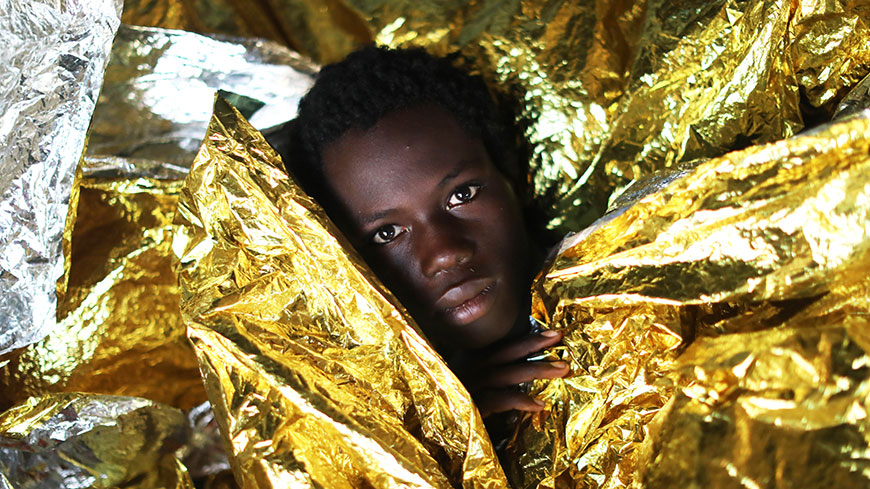«Подход европейских государств к миграции в Средиземном море стал слишком сфокусированным на предотвращении доступа беженцев и мигрантов к европейским берегам, и слишком мало на гуманитарные аспекты и права человека. Этот подход имеет трагические последствия », - сказала Дуня Миятович, Комиссар Совета Европы по правам человека, выступая сегодня с рекомендацией, выявляющей недостатки этого подхода и направленной на то, чтобы помочь государствам-членам пересмотреть свои ответные меры в соответствии со стандартами прав человека.
Далее на английском языке.
“A number of states have adopted laws, policies and practices contrary to their legal obligations to ensure effective search and rescue operations, swift and safe disembarkation and treatment of rescued people, as well as the prevention of torture, inhumane or degrading treatment”, says the Commissioner.
“Whilst states have the right to control their borders and ensure security, they also have the duty to effectively protect the rights enshrined in maritime, human rights and refugee laws”, says the Commissioner.
The 35 recommendations contained in the paper aim to help all Council of Europe member states find the right balance between these imperatives. They articulate around five main subject areas: ensuring effective search and rescue coordination; guaranteeing the safe and timely disembarkation of rescued people; co-operating effectively with NGOs; preventing human rights violations while co-operating with third countries; and providing accessible safe and legal routes to Europe.
In particular, the Commissioner recommends that member states enhance the effective capacity and coordination of rescue operations in the Mediterranean Sea; ensure disembarkation only happens in safe places and without unnecessary delays; co-operate with NGOs involved in search and rescue operations, avoid stigmatising rhetoric against them and cease any acts of harassment; ensure transparency and accountability in any migration co-operation activities with third countries; and increase the participation in refugee resettlement programmes and expand other mechanisms that help create safe and legal routes.
“The urgency to act is evident. Since 2014 thousands of human beings have died in the Mediterranean Sea as they tried to reach a safe shore after fleeing war, persecution and poverty. Despite this, state search and rescue operations have been reduced; the European Union and individual European states continue to outsource border controls to third-countries with notorious human rights records; and the NGOs which filled the vacuum left by states’ disengagement in providing humanitarian assistance have been harassed with administrative and judicial proceedings.”
The Commissioner stresses that this situation is also the result of the long-standing inability of European states to share responsibility for search and rescue operations and the reception of refugees, asylum-seekers and migrants on land. “Undoubtedly, some coastal countries have been left alone in facing the challenges posed by the arrival of migrants at sea”, says the Commissioner. “However, this cannot justify measures that endanger the life and safety of human beings. The effective protection of the human rights of refugees, asylum seekers and migrants, on land and at sea, should always prevail over any political dilemma or uncertainty that the interaction of different legal regimes, practices and policies may cause”.



